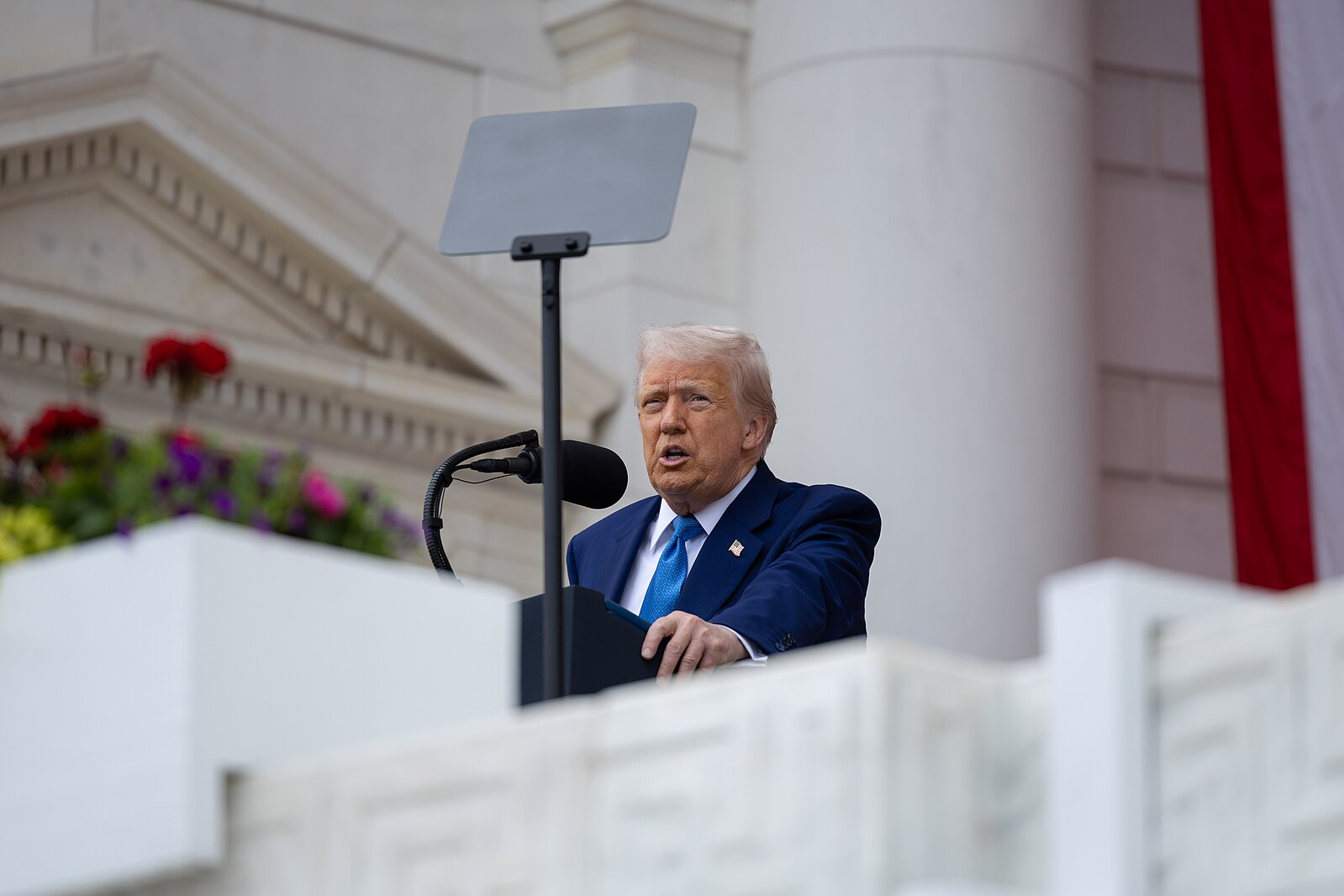U.S. News
Macy’s, Walmart, and Ford to Raise Prices in Response to Trump Tariffs
By Jake Beardslee · May 29, 2025

A growing number of prominent companies are preparing to raise prices on American consumers in response to President Donald Trump’s sweeping new tariffs. From big-box retailers to automakers and luxury brands, the financial strain of import taxes is rippling across industries.
The new trade policies, unveiled during what Trump dubbed “Liberation Day” on April 2, impose a 10 percent baseline tariff on most imports, with additional reciprocal tariffs aimed at select sectors. The auto industry was hit particularly hard, with a 25 percent tariff on car imports into the United States, though Canada and Mexico were exempted. Chinese goods now face a 30 percent tariff, reduced from 145 percent after a temporary trade agreement. The popular de minimis loophole, which allowed small packages to enter the U.S. without duties, has also been restricted, affecting companies like Shein and Temu that relied heavily on it.
Retailer Macy’s has already responded by lowering its earnings outlook, citing both the tariffs and a slowdown in discretionary spending. CEO Tony Spring said in a May 28 earnings call that the company would begin raising prices on some products to offset the added costs. He described the pricing changes as slow-moving and strategic. Macy’s CFO Adrian Mitchell clarified that the company was taking a “surgical” approach, selectively increasing prices in certain categories and brands.
Shein and Temu released nearly identical public statements in mid-April, warning customers that rising operating expenses due to new tariffs would lead to price increases starting April 25. Both companies offered customers one last week of low prices before the hikes took effect.
The auto industry is also adjusting. Ford informed dealers via memo that it plans to raise prices on new vehicles produced starting in May, according to Bloomberg. Although Trump has floated the idea of a temporary exemption for car imports, no blanket relief has been issued. Volkswagen has also announced it will begin adding import fees to cars made outside the U.S., with increases expected as early as June.
Food giant Conagra, which manufactures brands like Hunt’s and Chef Boyardee, said tariffs on ingredients such as cocoa, olive oil, and tinplate steel may lead to price increases. CEO Sean Connolly described the trade environment as “volatile” and said adjustments remain under consideration.
Walmart has expressed concern about its ability to absorb the cost increases. CEO Doug McMillon stated that the tariffs would inevitably push prices higher. Chief Financial Officer John David Rainey added that the company is “wired for everyday low prices,” but the scale of tariff-related increases is more than any retailer can manage without passing some of the burden onto shoppers.
Other major companies echo similar concerns. Best Buy CEO Corie Barry warned that a highly globalized and complex supply chain would likely result in price hikes as vendors pass on costs. Target’s Brian Cornell said produce prices could rise in the short term due to tariffs on goods from Mexico and Canada.
Luxury brands are not exempt. Ferrari announced price increases of up to 10 percent on select models imported to the U.S. Hermès confirmed it would raise prices in May specifically to offset tariffs in the American market. Procter & Gamble is also evaluating brand-by-brand pricing strategies, with CFO Andre Schulten stating that price hikes are “likely” as the company works to mitigate tariff effects.
Electronics and camera brands are feeling the squeeze as well. Nintendo said tariffs would not affect the upcoming Switch 2 console but confirmed that accessories and other products may see price adjustments. Nikon, Canon, and Leica have all announced price increases, citing the newly enacted tariffs as the cause.
“This is not a Leica-initiated price increase, but a result of the newly enacted tariffs that began on April 5 on imported products, which are significantly impacting the cost of imported goods, including photographic equipment and optics,” said Leica USA Trade Marketing and Product Communications Manager Nathan Kellum-Pathe.